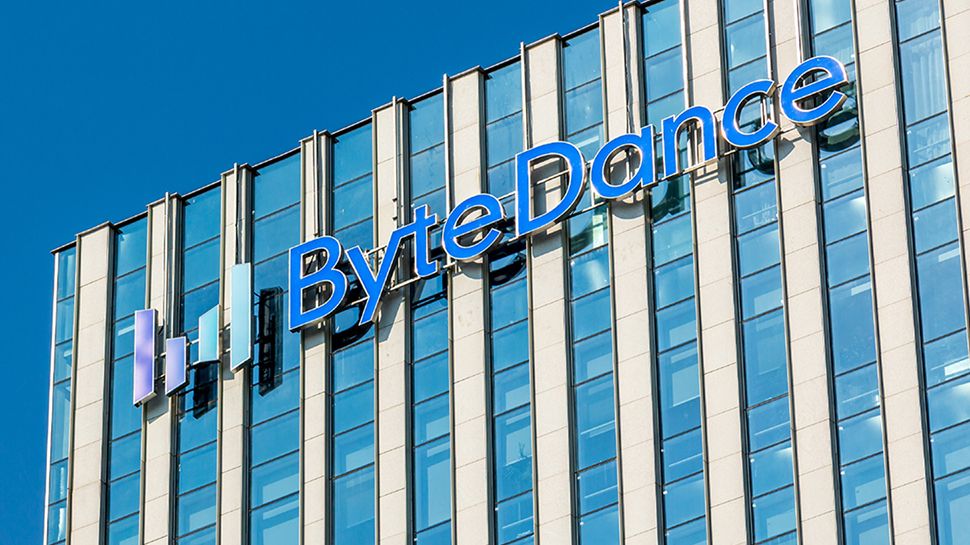TikTok's New Chip Strategy: ByteDance Bets on Huawei
ByteDance Chooses Huawei Over U.S. Giants
In a surprising turn of events, ByteDance, the company behind TikTok, has reportedly decided to partner with Huawei for its AI chip needs. This decision comes after the U.S. imposed stricter trade restrictions on chip exports to China, affecting companies like Nvidia and AMD. By potentially acquiring up to 100,000 AI chips from Huawei, ByteDance is signaling a shift towards dependence on Chinese-made hardware for its machine-learning advancements.
Why Huawei AI Chips?
The choice to use Huawei's AI chips appears to be driven by several factors. Firstly, the Huawei chips offer a competitive performance that rivals some of the leading global brands. Secondly, ByteDance may be aligning itself with local industry to foster innovation within China. This move also protects the company from the vagaries of international politics that have previously disrupted its hardware supplies.
Potential Impacts of This Decision
- Market Influence: With ByteDance leading such a charge, other Chinese tech firms might follow suit, potentially sidelining U.S.-based chip providers.
- Innovation Acceleration: Increased reliance on Huawei could boost domestic Chinese research and development within AI technology.
- Geopolitical Shifts: This could intensify the tech war, with countries investing more in homegrown technologies.
"Technology is best when it brings people together." - Matt Mullenweg
Investing in local technology not only aids in business autonomy but also ensures that international disputes do not hamper development. ByteDance's move is a testament to such business foresight.

How Nvidia and AMD Are Coping
Despite these challenges, Nvidia and AMD have adjusted their strategies to remain relevant in the Chinese market. Nvidia, for instance, developed the H20 GPU, a modified version that complies with U.S. regulations, ensuring their foothold in China is not entirely lost. Such adaptations highlight the resilience and innovativeness of these industry stalwarts.
Readers might be interested in learning more about the latest AI chips available on Amazon or visiting LinkedIn to see industry discussions. Further insights can be gleaned from CNET's article on AI advancements or YouTube for a deep dive into the world of AI hardware.
The Future of AI and Machine Learning
As countries like China push forward with self-reliant technologies, global players are watching closely. The ongoing evolution in AI and machine learning paves the way for new innovations that could reshape industries. Staying informed and adaptable will be crucial for companies navigating this rapidly shifting landscape.
